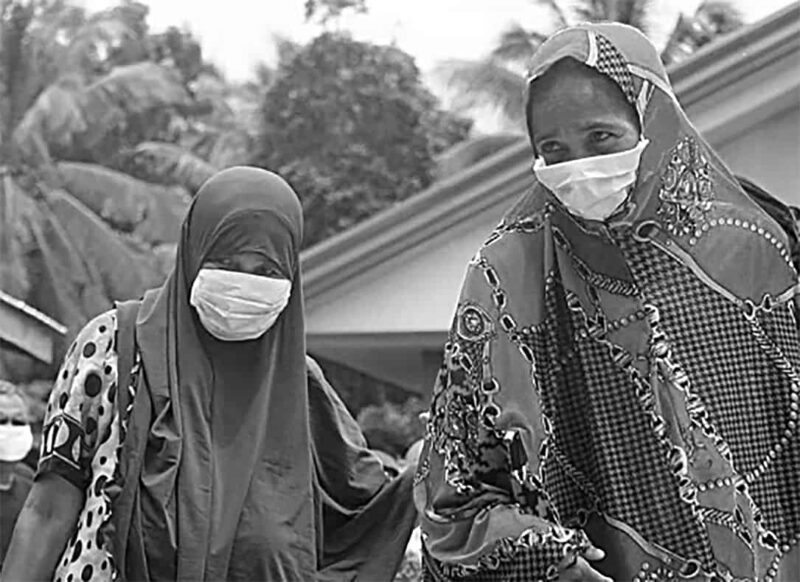The COVID -19 pandemic is a unique global moment in many ways. First and foremost, this crisis has shed a harsh light on how many around the world have come to distrust information shared by ‘institutions’, on the pandemic and beyond, and on how little we understand about how trust works.
At Internews, we think about trust in information a lot. From working with communities, media and NGO partners around the world over the past 40 years, we know that information is power, and that information can change lives. We also understand that what shapes people’s relationship with information is a complex and dynamic equation. Trust is driven by a multiplicity of factors, not only by accuracy or authority.
Many of the insights we offer here are derived from our research to map the Information Ecosystems in seven geographies, drawing from extensive qualitative and quantitative data (more than 2,400 survey respondents, 230 qualitative interviews and 130 focus groups). We hope these will contribute to move the community of information, public health, humanitarian aid and government practitioners towards a more sophisticated understanding of what drives and solidifies trust and away from the all too frequent dismissive judgements that played a central role in the breakdown of trust.
To launch the report, on March 18, 2021, we held a moderated discussion exploring the question, ‘Do Humanitarian’s Trust People?’. The event explored trust relationships between communities and humanitarian agencies, and questioned whether we give as much as we get.
Our panel included:
- Ben Parker, Senior Editor, The New Humanitarian
- Indu Nepal, Community Engagement Advisor, ICRC
- Salma Amin, Co-founder, Andariya Magazine (Sudan)
- Layal Bahnam, Program Manager, Maharat foundation (Lebanon) Watch a recording of the panel discussion below.
Watch a recording of the panel discussion
